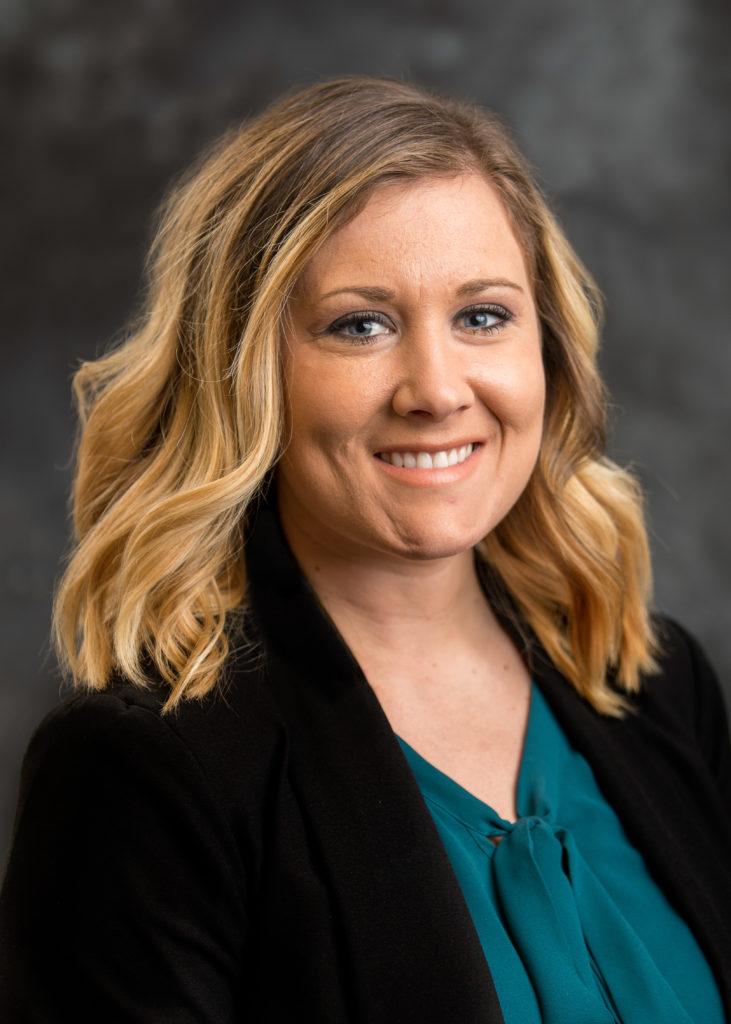Bailey Asberry has taken over from Angela Voos as Title IX Coordinator this year. Asberry has worked in Title IX at the College for six years.
“Bailey was absolutely ready to be the Title IX coordinator, so now what I’m doing is working on a different high-risk area, which is data privacy. Bailey’s taken on Title IX Coordinator, I’m a privacy officer and still doing strategic planning and chief of staff and we still work very closely together, but I don’t think there’s a better Title IX Coordinator in this country,” Voos said.
Voos states that, since the European Union’s implementation of the General Data Protection Regulation earlier this year, Grinnell has wanted to situate itself on the forefront of data privacy in the U.S..
“What Grinnell College has decided to do is treat everyone’s data following that level of scrutiny and protection. But that’s a shift, so we’re going to try to take a leap in that as an institution,” Voos said.
Grinnell’s Privacy Statement was updated on the College website on Aug. 25, promising not to share students’ data unless “there is legitimate reason for doing so.”
Asberry, who still plans to work closely with Voos as she takes over her former position, said, “In the U.S., data is looked at like currency, like money, like it’s worth a lot to people. But in the EU it’s very private and a person’s right to their privacy and their own personal data is very important and we need to shift in the U.S. to that.”
Most of what Voos is doing right now in data privacy involves learning about the field.
“We’re fortunate to have some really good people in IT so I’m doing a lot of learning,” she said.
As the new Title IX coordinator, Asberry hopes to prioritize listening to students to ensure that they have access to educational opportunities.
“When we meet with people I say ‘Now how can I help you?’ and so it’s really about that,” she said. “It’s really about putting some things in place and helping someone get through because really Title IX is about educational opportunities and giving someone the agency to decide what they want to do whenever possible,” Asberry said.
Asberry also knows that although she believes the verdict of a case should not make the complainant feel that no one believes them, according to her, not every case works out how the complainant would like, due to legal technicalities.
“After every case there’s always going to be someone who is unhappy. That’s just how cases go. Unfortunately, there are times when it’s the complainant who is unhappy with how things went, but we have learned that we can do a better job in the beginning when we’re talking about the potential outcomes and what might happen at the end of the case,” Asberry said. “So Title IX isn’t a decision-maker in the policy. We make sure that the process is being followed … that we’re checking in regularly to make sure they’re doing ok. But we outsource the decision-making process to a third party.”
As of right now, that third party tends to be Kansas City-based legal firm Husch Blackwell, who provide investigative findings regarding cases. However, the ultimate decision regarding outcomes on campus is the responsibility of the Dean of Students.
However, complainants often either do not need to go to a third-party investigator or do not want to. It is possible to create no-contact orders without them, or even to remove a student from campus if there is enough evidence that they are a real threat to others. Sometimes, the role of the Title IX coordinator is simply to advocate for students to their professors.
Reina Matsuura ’19, co-leader of student anti-sexual violence activist group Dissenting Voices, expressed a feeling of hope following Asberry’s appointment.
“The first thing we checked for was whether or not she holds more than one title like our [previous] coordinator and it at least seems like we finally have a full-time coordinator,” Matsuura wrote in a message to The S&B. “[A]nd I hope we can garner legitimate aid for a women’s (or support) center on campus.”
“The point of Title IX is really about helping a person keep access to educational opportunities, so that’s where I always go back to … I say ‘What can I do to help you?’… and sometimes that’s just ‘I haven’t been able to focus on this project and I need another week to get it done’ so I reach out to the professor and ask, and 99 percent of the time of course that’s no problem. It’s a lot of negotiating and just trying to help make connections,” Asberry said.


























































